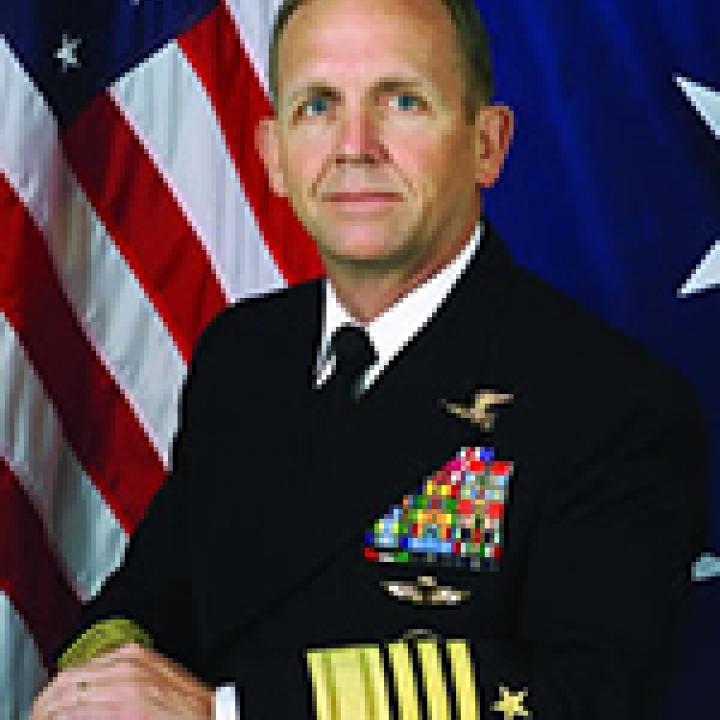
- Policy Analysis
- Counterterrorism Lecture
Contending with Transnational Threats: The Role of Special Operations

Part of a series: Counterterrorism Lecture Series
or see Part 1: U.S. Efforts against Terrorism Financing: A View from the Private Sector
How are special operations forces adapting and integrating into the larger U.S. effort to disrupt and defeat global terrorism?
U.S. secretary of defense Robert Gates has argued that military power alone will not ensure victory in the war on terror. Nonetheless, the precise role of the military continues to pose a challenge, particularly for transnational threats cutting across the military's geographic commands. How did the U.S. Special Forces evolve, and how should they be integrated into the overall national security structure? What serious threats loom on the horizon, particularly in the Middle East, and how are the Special Forces adapting their efforts in anticipation?
Adm. Eric Olson, commander of U.S. Special Operations Command (USSOCOM), discussed these important issues at a special Policy Forum sponsored by The Washington Institute's Stein Program on Counterterrorism and Intelligence. This event is part of the Institute's ongoing lecture series with senior U.S. counterterrorism officials.
Adm. Eric Olson is the eighth commander of USSOCOM, headquartered at MacDill Air Force Base, Florida. Admiral Olson qualified as a Naval Special Warfare (SEAL) officer in 1974 and has served as a SEAL instructor, strategy and tactics development officer, joint special operations staff officer, and assistant deputy chief of naval operations. His overseas assignments include service as a UN military observer in Israel and Egypt, as well as a Navy programs officer in Tunisia.
Download the text of Admiral Olson's prepared remarks (PDF).





